ChatGPT Data Privacy : Is It Really Safe ?
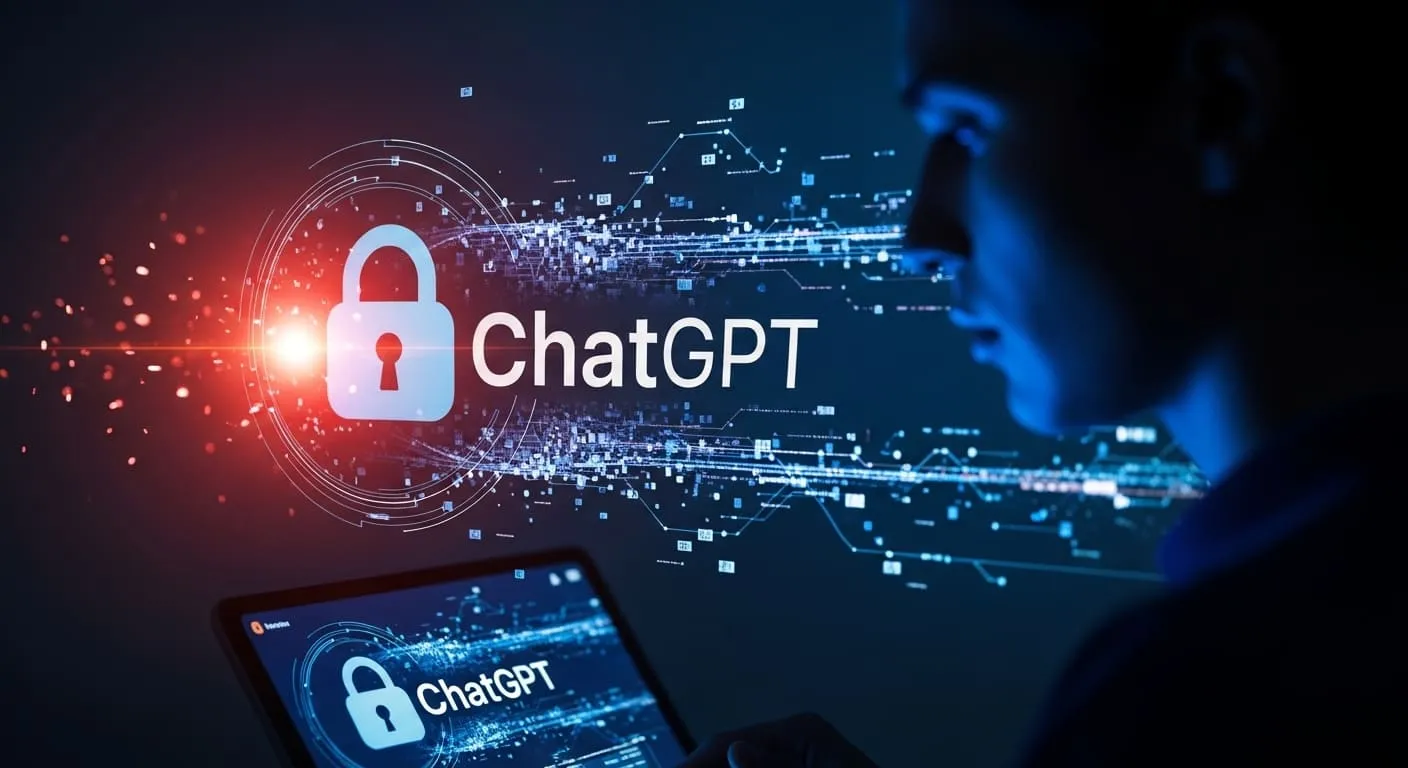
Get the work done for any meeting
Meeting transcription, AI custom notes, CRM/ATS integration, and more
Every time you open ChatGPT, you’re likely sharing more than you think.
Which raises a lot of questions: What happens to the data you feed it? Who can access it? How safe is it for business use?
This article will reveal you the real risks for your privacy.
What Is the ChatGPT Privacy Policy?
OpenAI’s privacy policy first distinguishes a few categories of data it handles:
- User information / account data: When you sign up, OpenAI may collect an email address, name, and related identifiers.
- Prompt and response logs: The inputs you send (your prompts) and the outputs you receive are logged. These conversation logs are used to operate the service, improve models, and detect misuse.
- Metadata & usage data: This includes time stamps, IP address, browser information, device identifiers, feature usage patterns, and other signals about how you interact with the tool.
- Third-party and service provider data: To run infrastructure, analytics, or integrations, OpenAI may share data with vendors or service providers who assist with operations.
How Long & Under What Terms Data Is Retained ?
OpenAI says it retains personal information and conversation logs only as long as needed to provide the service or meet legal and business obligations.
You also have certain controls:
- For ChatGPT Free / Plus users, you can opt out of having your chats used to train future models via settings.
- OpenAI also offers “temporary chats” that are not used for training the model.
- Note: data submitted via the API, ChatGPT Enterprise, or ChatGPT Team accounts is generally not used for training by default, unless explicitly allowed.
Still — “deletion” is nuanced. In some cases, chat data requested to be deleted remains stored for a grace period, and may even be preserved under legal orders.!
Privacy & Compliance Controls
OpenAI claims several safeguards and privacy commitments:
- Encryption: Data is encrypted both in transit and at rest, using modern cryptographic practices.
- Compliance with regulation: OpenAI supports compliance with laws like GDPR and CCPA, and provides a Data Processing Addendum (DPA) for customers.
- Limited sharing: OpenAI states it doesn’t sell users’ data to third parties.
- Internal access controls: Only authorized staff should access sensitive data, under auditing and review protocols.
User Rights & Transparency
OpenAI includes a few mechanisms to give users more control over their data:
- Privacy settings: You can disable training data usage in settings (for supported plans).
- Data deletion requests: You can ask OpenAI to delete your account data or histories, subject to retention rules and legal obligations.
- Transparency: OpenAI promises to provide transparency about how your information is used, and updates to the policy over time.
Is Using ChatGPT Really Safe for Your Data?
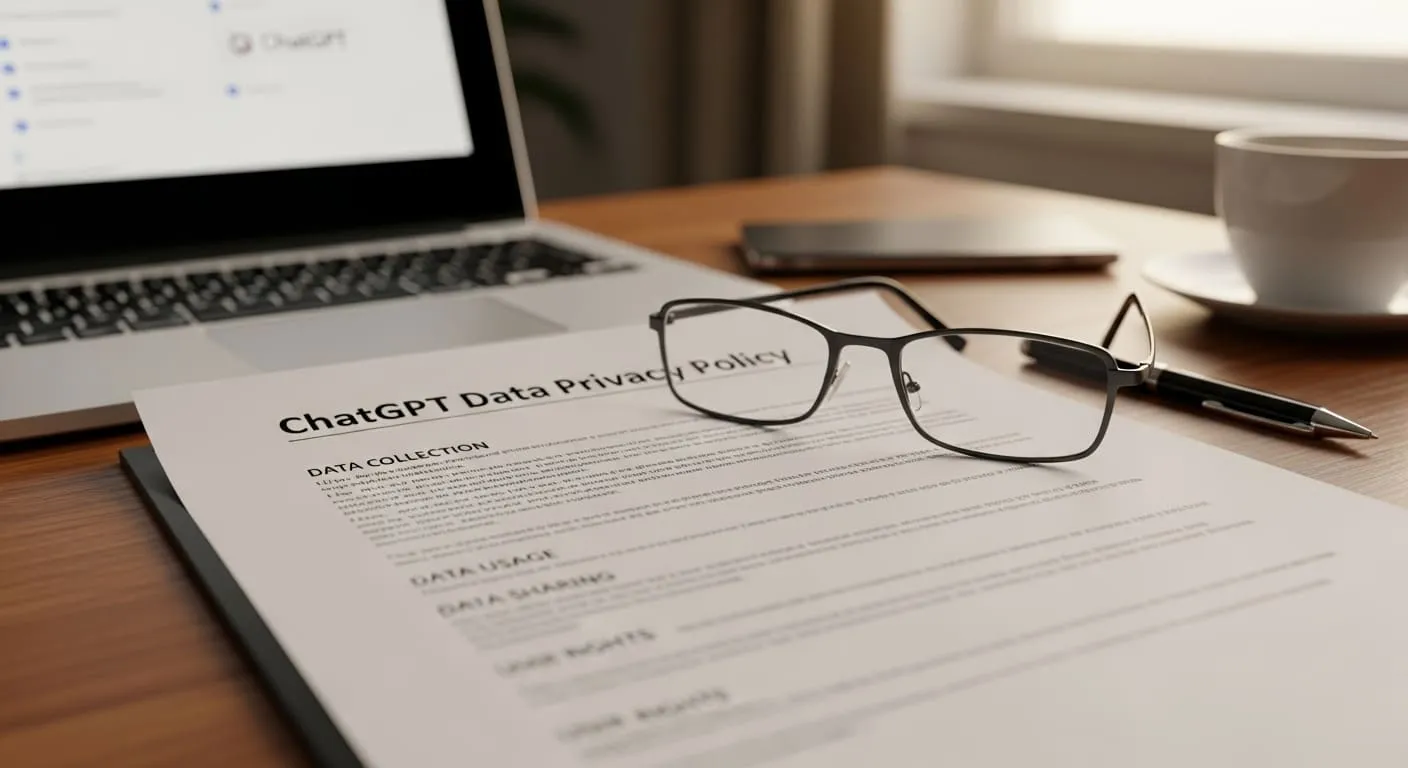
There are actually real risks you must understand, especially if you’re dealing with client work, proprietary content, or sensitive information.
2.1 Data Exposure in Transit & Storage
When you send prompts and receive responses, data travels across networks. If encryption or infrastructure is misconfigured, there’s a possibility of interception or leakage. In some analyses, vulnerabilities have been flagged in transmission paths or infrastructure misconfigurations.
Even once data reaches OpenAI’s servers, it’s stored (at least temporarily) to support the service, compliance, and abuse monitoring.
2.2 Leakage or Memorization of Sensitive Info
Because ChatGPT retains prompt/response logs, there is a theoretical risk that it might reproduce, or infer, bits of data from prior sessions. This can happen especially when prompts are very similar or when the model is trained on broader data.
Some studies warn of “privacy leakage” techniques, where maliciously crafted prompts coax the model to reveal information it has seen.
2.3 Policy and Enforcement Gaps
OpenAI’s policies allow users to opt out of having prompt/response logs used for training (for many plans) — but this doesn’t always prevent internal access, logs retention for abuse monitoring, or legal obligations.
Also, real-world cases have surfaced: for example, in Italy the data protection authority raised issues that ChatGPT may violate GDPR in its handling of user data.
So how Safe Is It — In Practice?
ChatGPT’s risk is manageable for these cases :
- Public or non-confidential content. Marketing drafts, generic ideas, public information are low risk.
But when handling sensitive entreprise or personal data you'd better be cautious !
How to Use ChatGPT to Protect Your Data

You don’t have to stop using ChatGPT if privacy is a concern, you just need to use it more deliberately.
3.1 Treat ChatGPT Like a Semi-Public Channel
The simplest and strongest rule: don’t feed it anything you wouldn’t risk seeing in public. Avoid entering sensitive personal data, client financials, internal strategy documents, or proprietary code. As one advice site puts it: “Don’t give ChatGPT more info than you need to.”
Even redacting names or masking identifiers helps. Replace real names, numbers, or project codes with placeholders or pseudonyms before you paste into a prompt.
3.2 Use Privacy Controls & Settings in ChatGPT
OpenAI gives you tools to limit data usage and retention. Use those controls.
- Disable model training for your chats: In ChatGPT Free and Plus plans, you can turn off the “Improve the model for everyone” toggle in Settings → Data Controls. That prevents your conversations from being used for general model training.
- Use “Temporary Chat” mode. When enabled, your conversation is not saved to your chat history or used for training.
- Request deletion. You can ask OpenAI to delete your account data or request specific conversation deletion, subject to policy.
Even with these settings, note that OpenAI retains conversations for abuse review or legal requirements in many cases.
3.3 Use Minimal, Sanitized Context
Often we feed ChatGPT large context dumps (entire documents, internal memos) assuming it will help. But that increases exposure.
- Send only what’s necessary, distilled to the core problem statement.
- Redact or generalize internal references, names, or unique identifiers.
- Chunk large inputs. Break a bigger prompt into pieces, sanitize each piece, and combine only non-sensitive parts.
- Avoid multi-turn context that recreates hidden links. If earlier turns include sensitive notes, redacting them later may not avoid linkage.
This practice leans into the principle of data minimization: only share what the model actually needs.
Safe & Sovereign AI: Noota
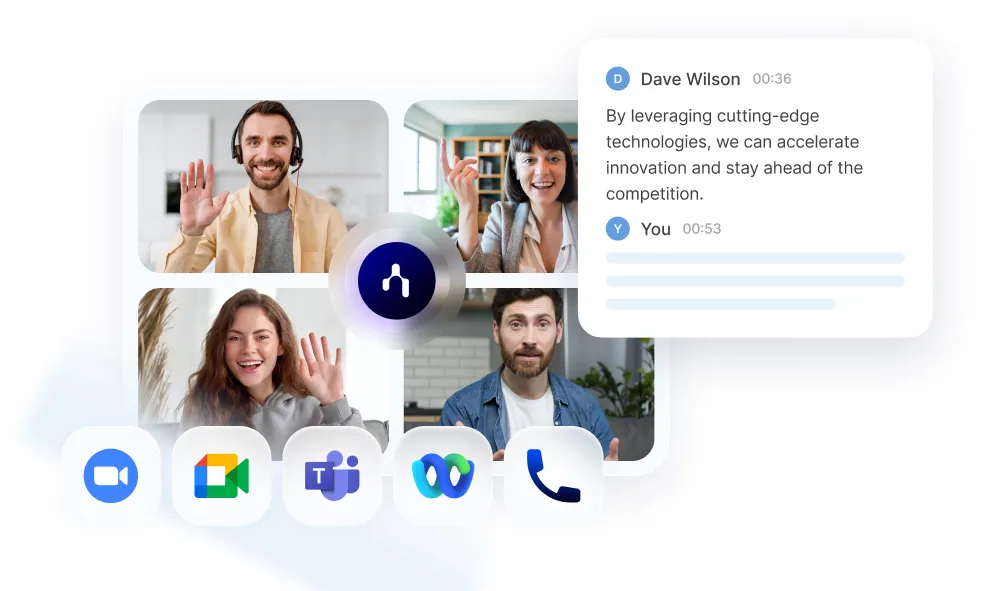
Noota offers a model for integrating generative capabilities with compliant, privacy-first infrastructure.
- European Data Residency & Infrastructure : Noota hosts its services in EU datacenters (France, Belgium, Netherlands), and ensures isolation across environments (dev / test / production). This keeps your data within GDPR-aligned jurisdictions.
- Encryption & Access Controls : All data — recordings, transcripts, metadata — is encrypted both in transit (TLS) and at rest (AES). Access to data is tightly controlled via role-based permissions and audited access protocols.
- No Use of Your Data for Model Training : Unlike many AI tools that ingest user data to train or refine models, Noota states clearly that it does not use your data to train generalized AI models. Your data remains in your control.
- Self-Hosted Configuration : for entreprises, you can ask for on premise configurations
- Granular Controls & Privacy Modes : Noota supports configurations like “text-only” mode (no audio/video stored) and allows you to customize retention schedules (from days to years, per contract) depending on your sensitivity needs.
Want to use privacy safe AI ? Try Noota for free now.
Get the work done for any meeting
Meeting transcription, AI custom notes, CRM/ATS integration, and more
Related articles

Forget note-taking and
try Noota now
FAQ
In the first case, you can directly activate recording as soon as you join a videoconference.
In the second case, you can add a bot to your videoconference, which will record everything.
Noota also enables you to translate your files into over 30 languages.

.svg)
.svg)

.webp)
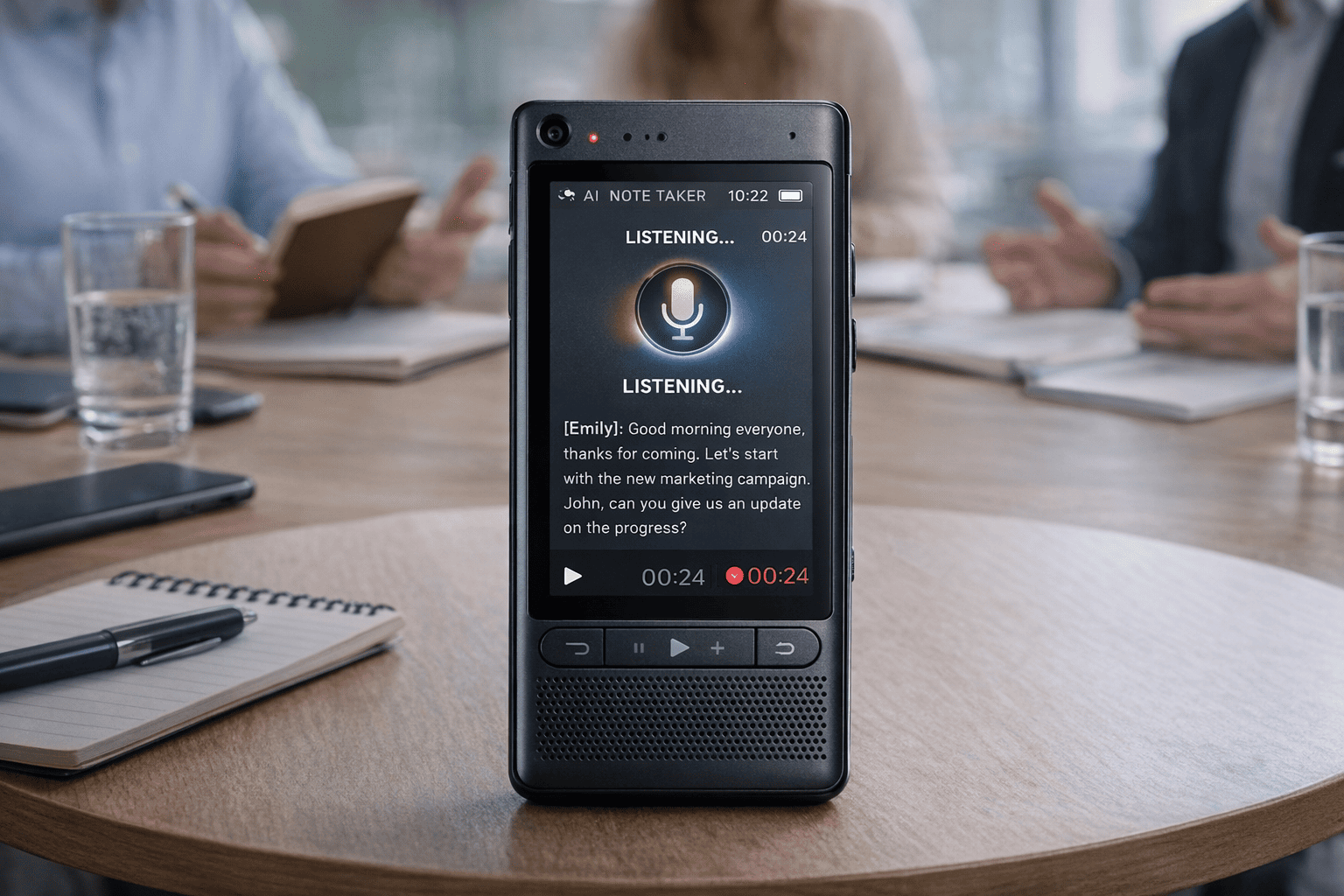
.png)
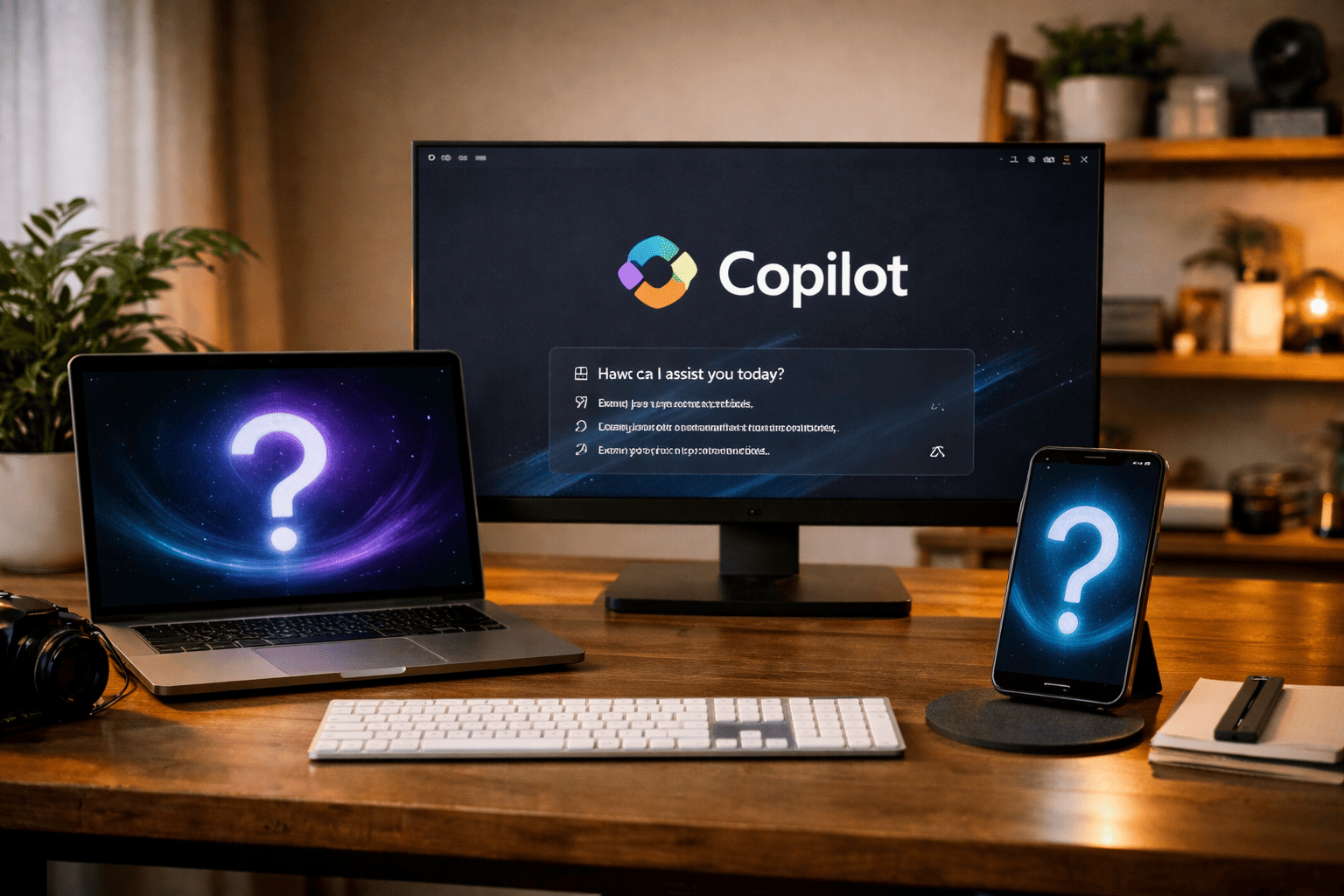
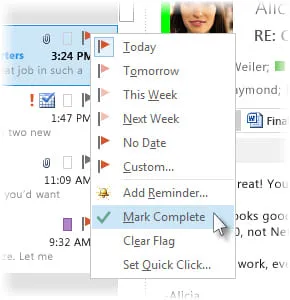
.svg)
